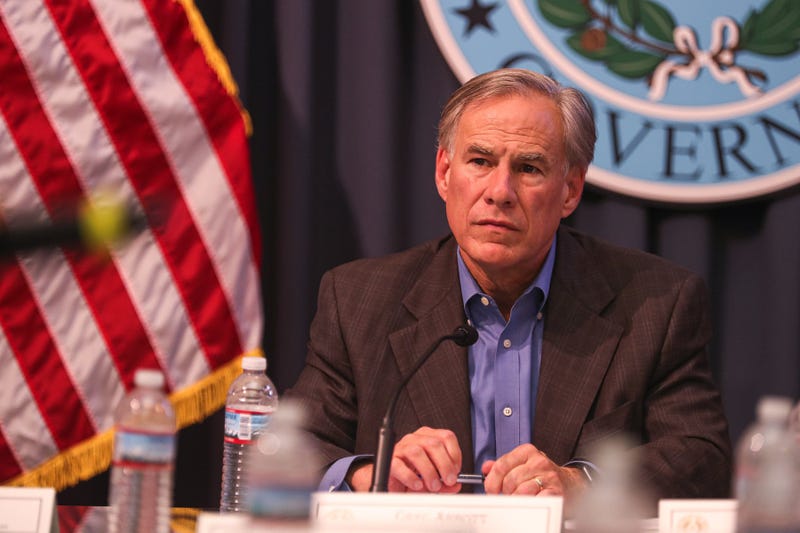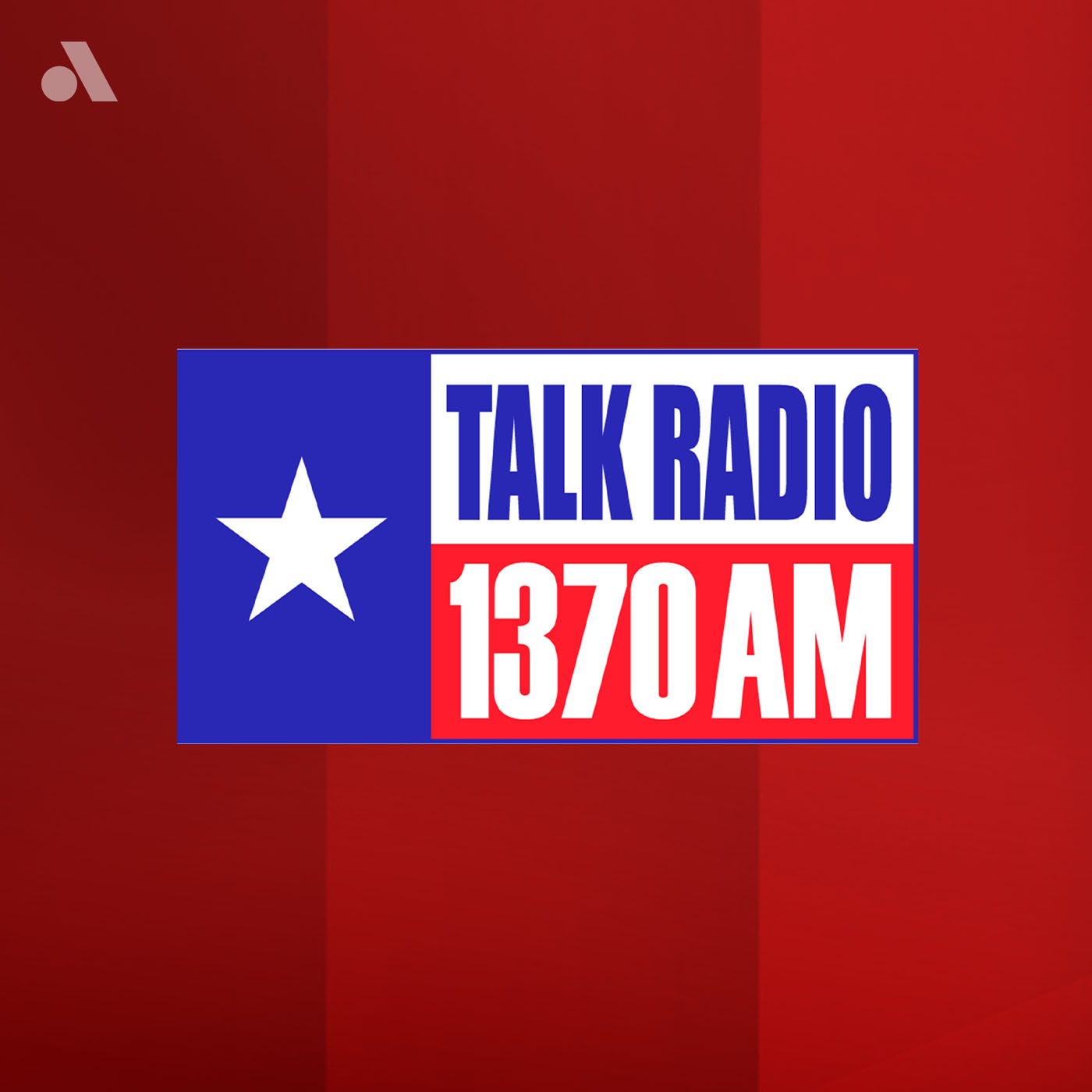
AUSTIN (Talk1370.com/NewsRadio 1080 KRLD) -- Texas Governor Greg Abbott plans to sign Senate Bill 1 Tuesday during a ceremony in Tyler, but the election integrity measure already faces two federal lawsuits.
The lawsuits were filed Monday in Austin and San Antonio.
Plaintiffs include churches, community groups and civil rights organizations. The Harris County elections administrator is listed as a plaintiff in the San Antonio suit along with an election judge.
"Plaintiffs bring this action to challenge Senate Bill 1 (“SB1”), a new law that (among other things) restricts voter assistance; enables partisan poll watchers to intimidate voters and poll workers; and threatens to criminalize community-based voter engagement activities and election administration conduct that are otherwise protected by the United States Constitution, federal election law and the Texas Election Code," the San Antonio suit reads.
The San Antonio suit says the Texas Secretary of State described the 2020 election as "smooth and secure."
"Despite this, now on its third try, the Texas Legislature enacted SB1," the suit reads.

The lawsuits say SB1 violates the 1st, 14th and 15th amendments to the U.S. Constitution.
According to the San Antonio lawsuit, SB1 violates the 1st and 14th amendments "because these provisions criminalize protected speech and are unconstitutionally vague. The provisions on poll watcher obstruction are similarly vague—putting poll workers at risk of arbitrary prosecution."
The lawsuit says SB1 also limits the free speech of elected officials because it criminalizes speech that would encourage people to vote by mail.
The suit says SB1 violates the 14th and 15th amendments because it "intentionally discriminates against Texas minority voters."
"This new law imposes a series of additional burdens and restrictions that will have the effect of suppressing Texas voters and discouraging—including by criminalizing—work that has long been performed faithfully by public employees, private organizations and individuals to help citizens exercise their constitutional right to vote," the suit reads.
Governor Greg Abbott is named as a defendant in the San Antonio suit. Texas Attorney General Ken Paxton and Deputy Secretary of State Jose Esparza are named as defendants in both suits.
The law would limit curbside voting to those unable to go inside and ban 24-hour or drive-thru voting locations. The bill would also prevent county elections departments from sending unsolicited vote-by-mail applications.
Polling places would also be required to stay open an extra hour during early voting and give people submitting an absentee ballot a way to correct an error or verify their signature.
"Our job here in this chamber is to fight for every single Texan," Rep. JM Lozano (R-Portland) said during debate in the Texas House August 27. "It's to make sure we can have confidence in our election results and make sure everyone's vote counts if it's cast legally, that everyone who votes verifies who they are before they vote, and that ultimately, we can go back to the days when there was bi-partisanship. This is common sense."
The lawsuits seek an injunction that would stop the law from being enforced.
